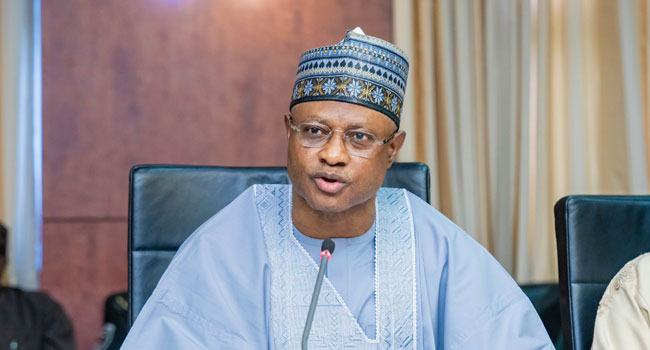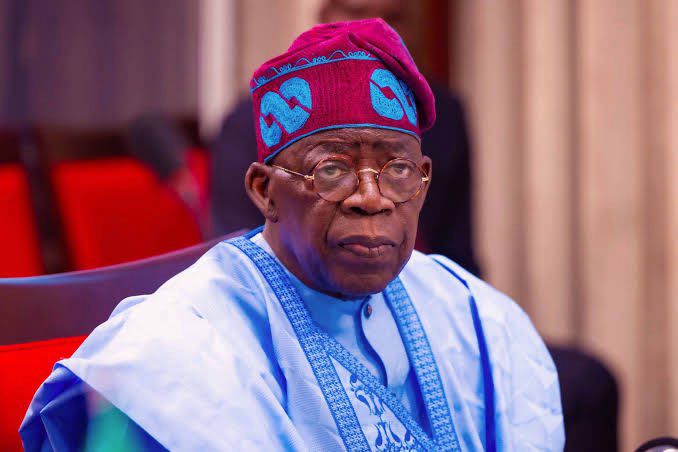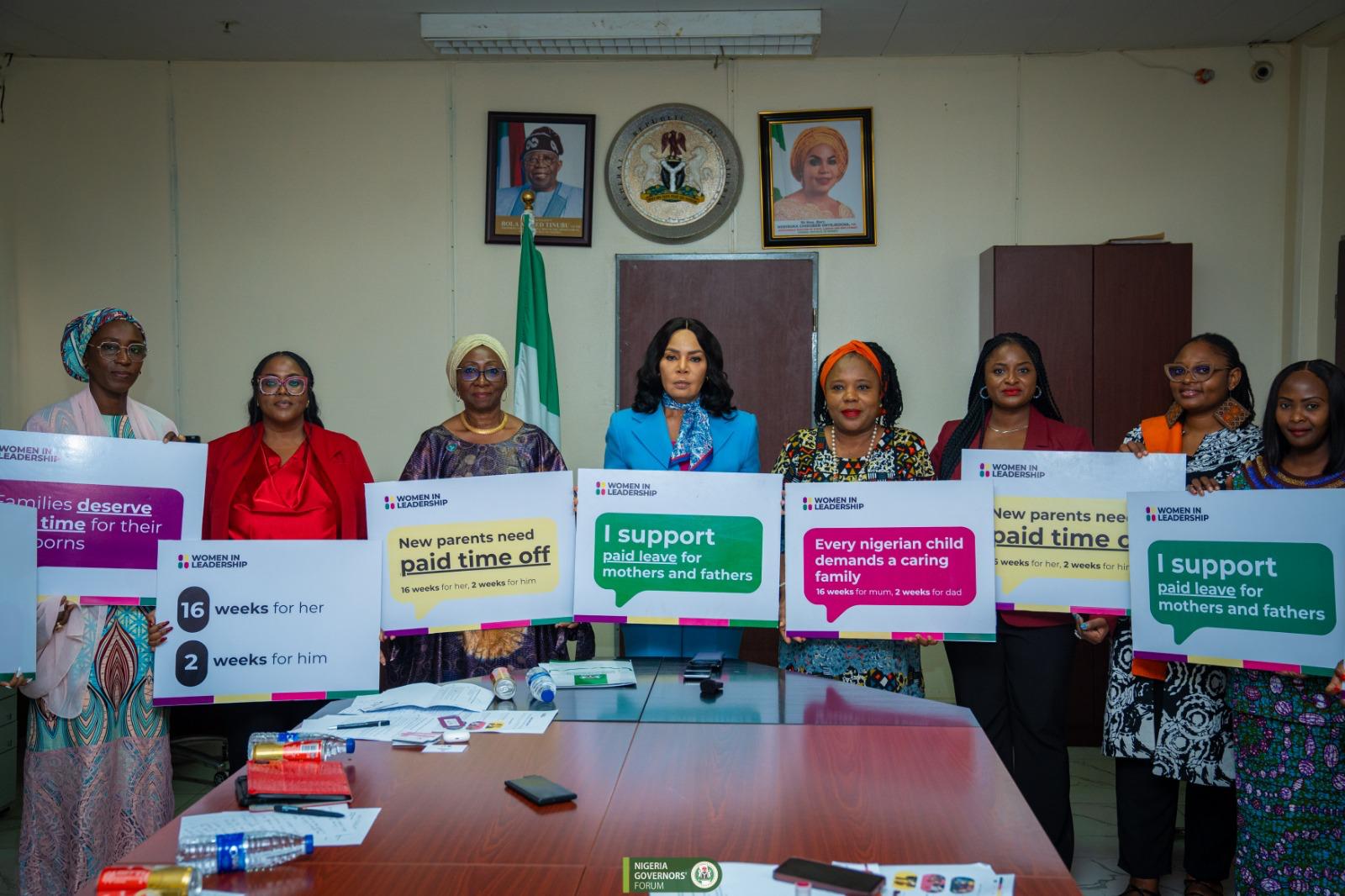For years, the conversation around insecurity in Northern Nigeria has revolved around banditry, terrorism, and the rising spate of violence. But Kaduna State Governor, Uba Sani, is urging Nigerians to look beyond the headlines and consider a deeper, more uncomfortable truth — that poverty, not just guns and gangs, is at the heart of the chaos.
In a candid interview on Channels Television’s Sunday Politics, the governor didn’t mince words. “This problem of insecurity, I can tell you, is largely an economic issue — poverty, unemployment. That is the reason why our people can easily be recruited by these bandits,” he said.
It’s a bold claim, but one backed by data and experience. Before becoming governor, Sani served as chairman of the Senate Committee on Banking, Insurance and Other Financial Institutions. It was a role that gave him access to a wealth of economic data, and what he saw was alarming — especially in his home region.
“When I came in as governor, what I did was to look at the poverty index, not only in the state but of the entire North,” he said. “I had the data, the statistics from the Development Department of the Central Bank, from the SDG [Sustainable Development Goals]. The poverty index as of 2023 was alarming.”
Numbers That Speak Volumes
According to Sani, when he assumed office, 60 to 65 per cent of people in the North — particularly the North-West — were financially excluded. That means they had no access to formal banking, credit, or reliable income-generating opportunities. In simple terms, they were trapped in poverty with no escape route.
These numbers are not just figures on a chart. They reflect the daily struggle of millions — young people in rural villages, women in underserved communities, and families who have never known stability. In such conditions, armed groups find easy recruits. When hunger meets hopelessness, even the most dangerous paths can look like opportunity.
The Children Left Behind
Another disturbing consequence of economic exclusion is the rising number of out-of-school children — a crisis that continues to fester across northern Nigeria. Without education, young people lack the tools to break free from the cycle of poverty, making them even more vulnerable to extremist ideologies and criminal activity.
Governor Sani is not the first to raise these concerns, but his approach appears different. He’s placing economic development at the heart of his security strategy. “We can’t win this war with bullets alone,” he seems to say. “We need to rebuild lives.”
A Glimmer of Hope
Despite painting a grim picture, the governor insists there’s room for optimism. “Better days are ahead for the country, especially economically,” he said during the interview. His administration has started by focusing on data-driven policies aimed at reducing poverty and increasing financial inclusion.
That includes working with development partners, expanding vocational training, and investing in infrastructure that can help drive economic participation in rural areas. For a region so often defined by conflict and crisis, this shift in focus is not just welcome — it’s necessary.
A Bigger Conversation
Sani’s message is a wake-up call not only for Kaduna State but for the entire country. If Nigeria truly wants to solve its insecurity problem, the fight cannot be left to security forces alone. It must include social investment, economic reforms, and a renewed commitment to uplifting the most vulnerable.
Because, as the governor reminds us, the enemy isn’t just hiding in the forests or wielding an AK-47. Sometimes, the enemy is hunger, neglect, and the quiet despair that makes a young person believe they have nothing left to lose.
And until that enemy is defeated, the cycle of violence may continue.





